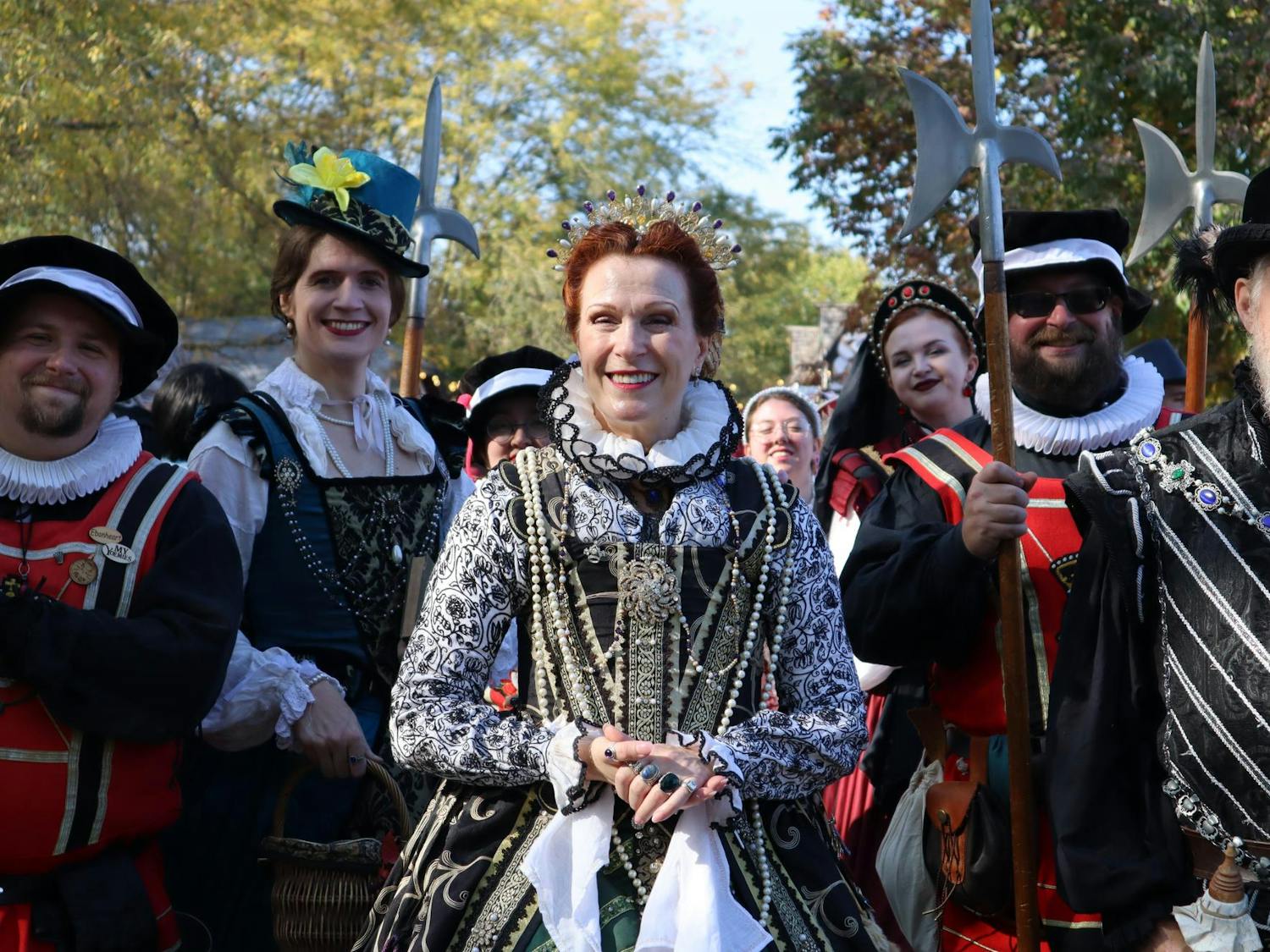Wittenberg University Presidential Search Enters Final Stages
Wittenberg University’s ongoing presidential search is nearing its final stages as the institution prepares to name its 16th president. The search, which began in late 2024 following the announced departure of President Michael L. Frandsen, has drawn attention from students, ...















